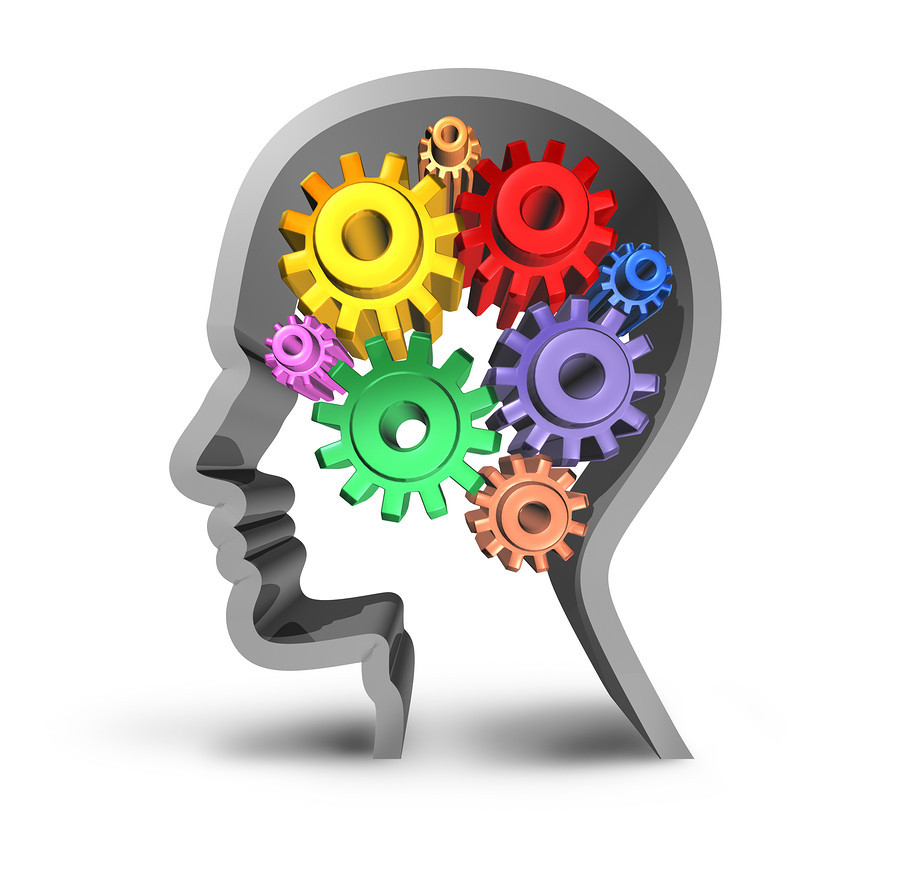
How does prostate cancer treatment affect mental health?

5 timeless habits for better health

What are the symptoms of prostate cancer?

Is your breakfast cereal healthy?

When pain signals an emergency: Symptoms you should never ignore

Does exercise give you energy?

Acupuncture for pain relief: How it works and what to expect

How to avoid jet lag: Tips for staying alert when you travel

Biofeedback therapy: How it works and how it can help relieve pain

Best vitamins and minerals for energy
Mind & Mood Archive
Articles
How well do you score on brain health?
Many efforts to improve health are also good for the brain. A study of nearly 400,000 people led researchers to develop a scorecard assessing 12 factors that contribute to the risk of dementia or stroke, making it easy to see where you're doing well and where you might do better.
Harvard study: Hot yoga may help ease depression
A 2023 study found that people with depression who attended at least one "hot" yoga session per week for eight weeks had significantly reduced depression symptoms, compared with people who did not perform hot yoga.
Mood boosters
Everyone goes through periods when they feel low, lethargic, or stressed. These episodes usually pass after a while, but if symptoms linger or begin to interfere with daily life, people should seek professional help. Otherwise, people can take several steps to boost their mood, such as exercising more, spending time outdoors, volunteering, meditating, and keeping a gratitude journal.
Greater amounts of abdominal fat may harm brain health
A 2023 study found a link between excess abdominal fat and lower brain volume, particularly in regions involved in thinking, memory, and performing everyday tasks.
Dialectical behavior therapy: What is it and who can it help?
Emotional dysregulation is a hallmark of many mental health conditions. A treatment known as dialectical behavior therapy (DBT) focuses on teaching people to manage intense emotions, cope with challenging situations, and improve their relationships.
A fresh look at risks for developing young-onset dementia
Young-onset dementia, which occurs in people younger than age 65, is uncommon. A new study has identified 15 factors linked to a higher risk of young-onset dementia.

How does prostate cancer treatment affect mental health?

5 timeless habits for better health

What are the symptoms of prostate cancer?

Is your breakfast cereal healthy?

When pain signals an emergency: Symptoms you should never ignore

Does exercise give you energy?

Acupuncture for pain relief: How it works and what to expect

How to avoid jet lag: Tips for staying alert when you travel

Biofeedback therapy: How it works and how it can help relieve pain

Best vitamins and minerals for energy
Free Healthbeat Signup
Get the latest in health news delivered to your inbox!
Sign Up











